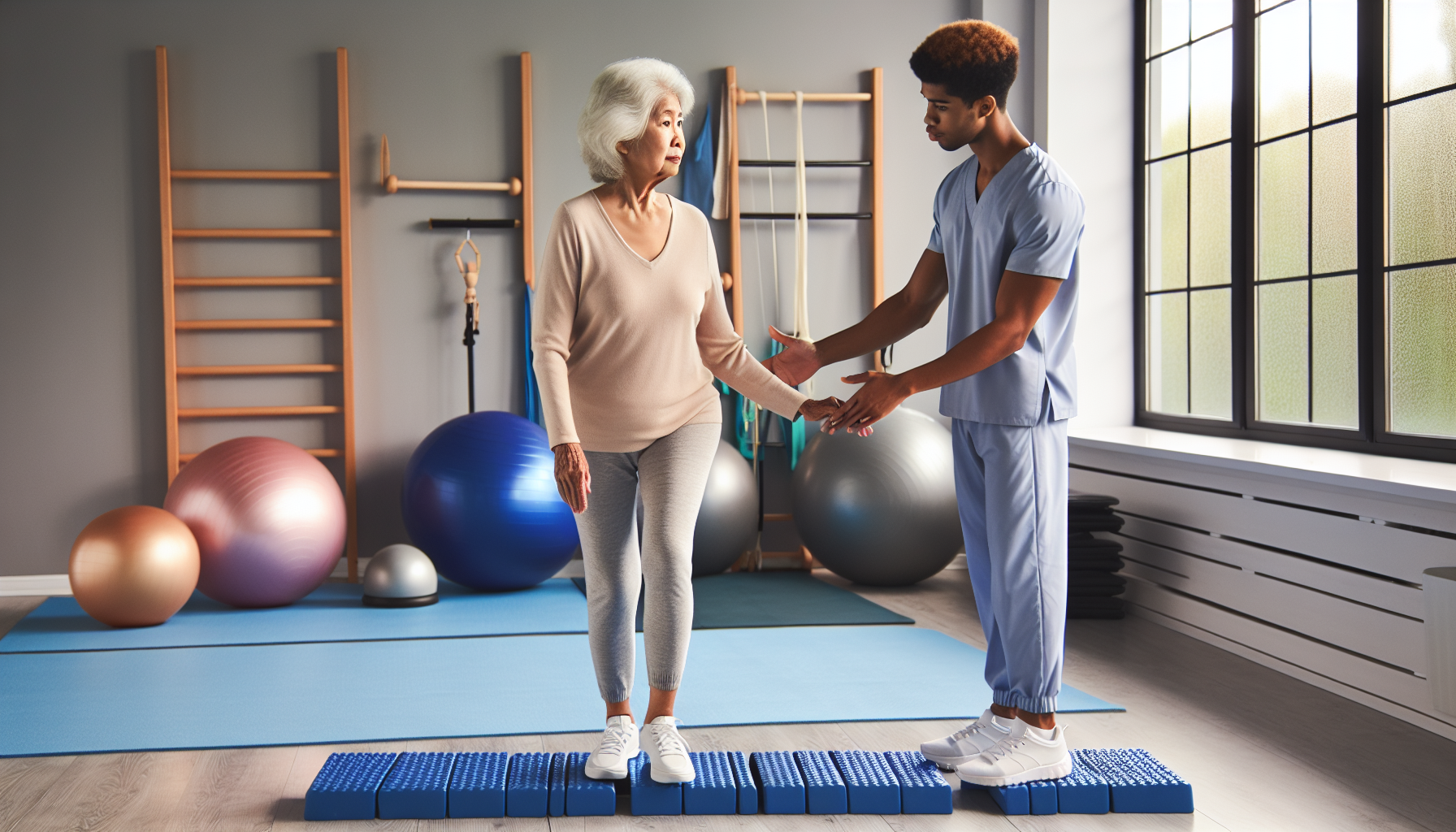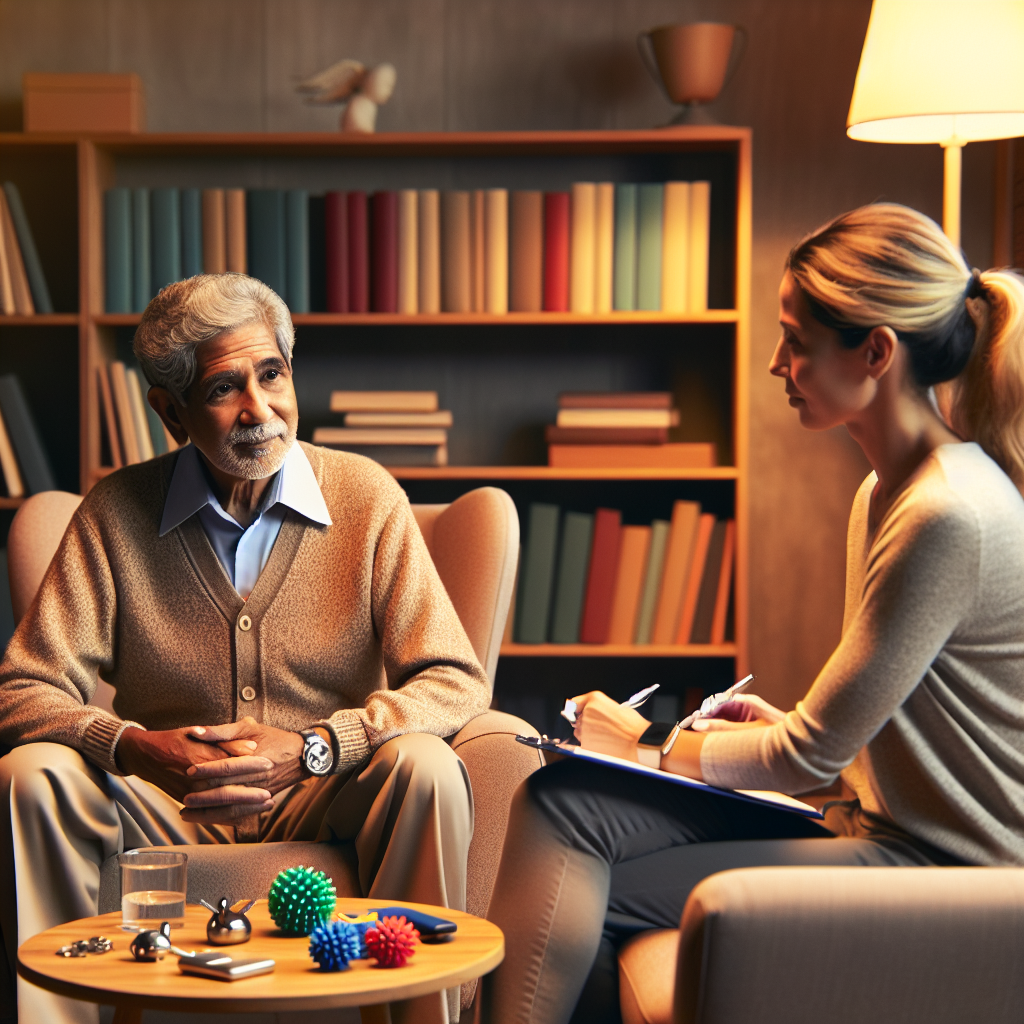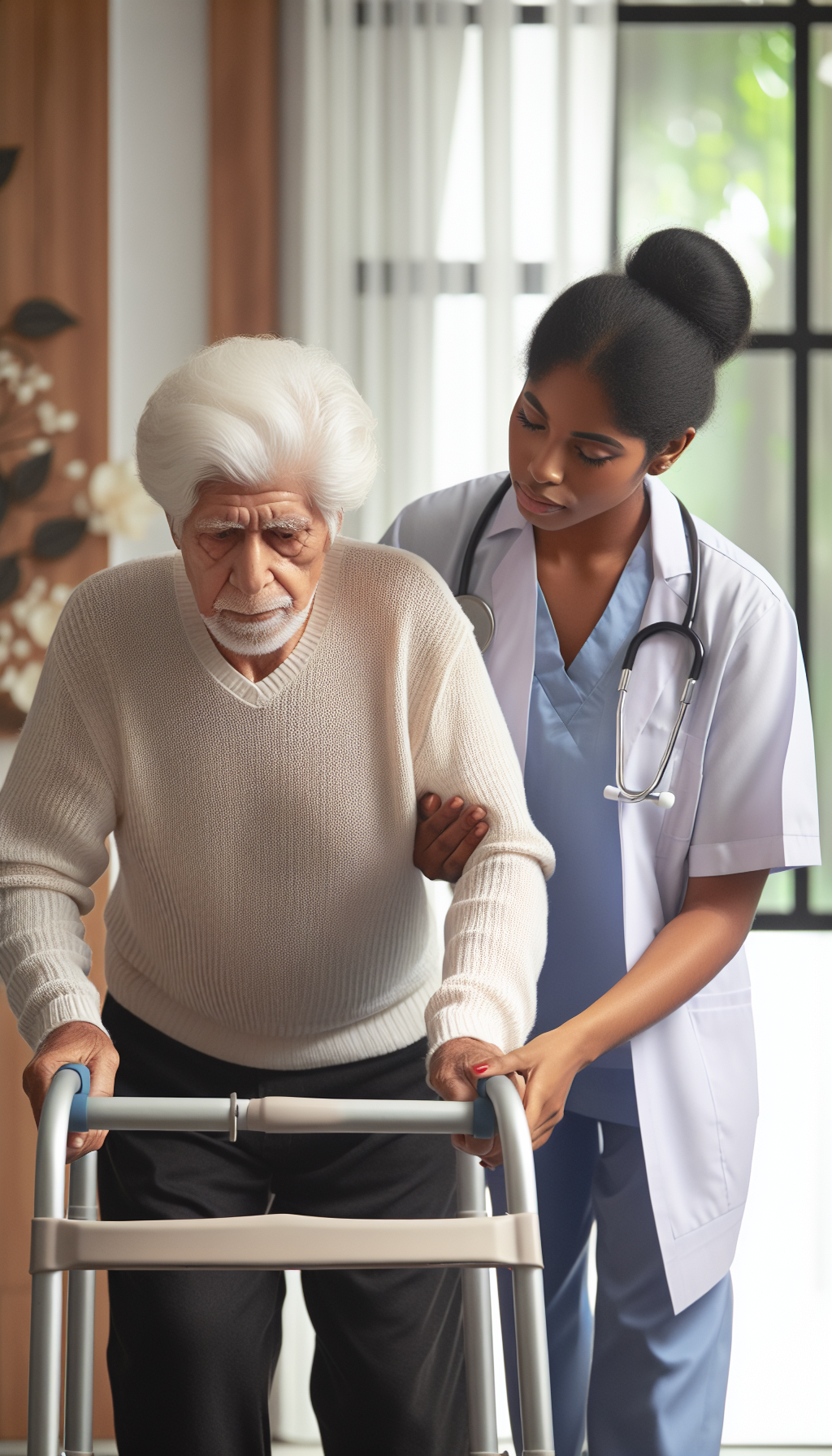As we age, maintaining vestibular health becomes crucial for ensuring a good quality of life. The vestibular system, which is responsible for our sense of balance and spatial orientation, can deteriorate with age, leading to difficulties in mobility and an increased risk of falls. This article aims to explore various techniques and strategies for supporting vestibular health in the elderly, which can help mitigate these risks and promote overall well-being.
Understanding Vestibular Health
Before diving into the techniques, it’s essential to understand what vestibular health entails. The vestibular system includes parts of the inner ear and brain that help control balance and eye movements. If the system is damaged by disease, aging, or injury, vestibular disorders can result, leading to dizziness, imbalance, and other symptoms.
Exercise and Physical Therapy
One of the most effective methods for supporting vestibular health is through exercise and physical therapy. Balance exercises, such as standing on one foot or walking heel-to-toe, can improve stability and reduce the likelihood of falls. Physical therapists can tailor exercise programs to meet the specific needs of the elderly, focusing on strength, flexibility, and coordination.
For more detailed guidance on fitness programs for the elderly, visit Avix Health’s Fitness section.
Diet and Hydration
Nutrition plays a significant role in maintaining vestibular health. A diet rich in vitamins and minerals, particularly vitamin D and calcium, supports bone health, which is indirectly related to balance as it affects the body’s structure and function. Proper hydration is also crucial, as dehydration can lead to dizziness and balance issues.
Learn more about the importance of Bone Health at Avix Health.
Medication Management
Medications can sometimes contribute to dizziness and imbalance. It’s essential for the elderly and their caregivers to review their medications with a healthcare provider to ensure they are not exacerbating vestibular symptoms. Adjustments or alternatives may be necessary for those that impact balance.
For more information on medication management, explore Medication & Supplements on Avix Health.
Sensory Aids
Sensory aids such as canes or walkers can provide additional support for those with vestibular disorders. These aids can help compensate for balance difficulties and prevent falls. Proper training on how to use these aids is vital to ensure they are beneficial.
The Sensory Health section on Avix Health offers further insights into managing sensory challenges.
Cognitive-Behavioral Therapy
Cognitive-behavioral therapy (CBT) can be useful for those experiencing anxiety due to vestibular disorders. CBT helps individuals develop coping strategies to manage their symptoms and reduce fear of falling, which can improve their overall quality of life.
Technological Interventions
Advancements in technology have led to the development of vestibular rehabilitation devices. These devices can provide feedback and allow for the safe practice of balance exercises. Technology such as virtual reality can also be utilized to simulate environments for balance training in a controlled setting.
Environmental Modifications
Making changes to the living environment can greatly assist those with vestibular challenges. This can include adding grab bars in the bathroom, ensuring adequate lighting, and removing tripping hazards like loose rugs.
Educational Resources and Support
Education is a powerful tool for those dealing with vestibular disorders. Understanding the condition and knowing what resources are available can empower the elderly to take an active role in managing their health.
For further reading on the impact of sensory processing, consider the article on Understanding the Link Between Sensory Processing and Nutrition.
External Resources
To complement the strategies mentioned, here are external resources that provide niche and specific information to support vestibular health:
- Vestibular Disorders Association offers comprehensive resources on vestibular conditions, including support groups and educational materials.
- The American Occupational Therapy Association provides guidelines on home modifications to prevent falls and improve safety.
- The Hearing Loss Association of America has resources on how hearing and balance can be interconnected, offering support for those with dual sensory loss.
Conclusion
Vestibular health is vital for the independence and well-being of the elderly. By integrating exercises, dietary adjustments, medication management, and the use of sensory aids and technology, we can create a comprehensive approach to support vestibular health. Additionally, cognitive-behavioral therapy, environmental modifications, and educational resources can empower individuals to manage their symptoms effectively.
It’s important for the elderly, caregivers, and healthcare providers to work together in implementing these techniques to ensure a safer and more comfortable life for those affected by vestibular disorders. Through awareness and proactive management, we can enhance the quality of life for the elderly and support their journey to maintain balance and stability.



